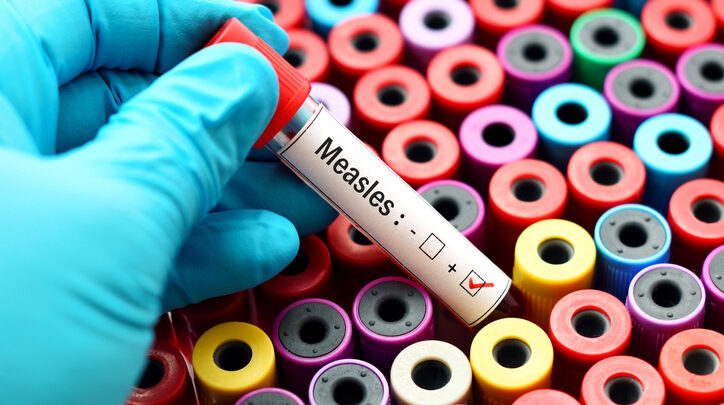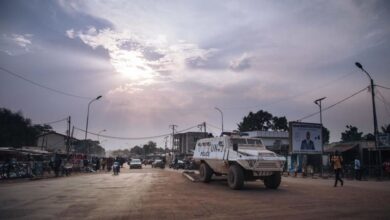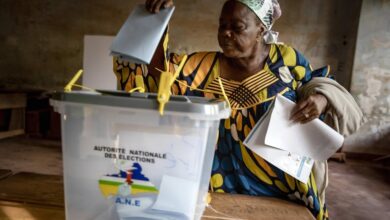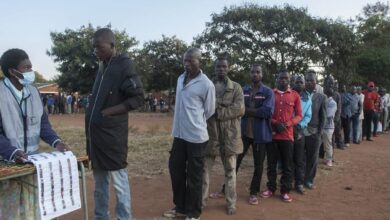Central African Republic
WHO Says Measles Spread Slowing In Central African Republic Due To Vaccination Campaigns

The World Health Organization (WHO) on Tuesday said two successful vaccination campaigns have helped in curbing a measles outbreak in the Central African Republic (CAR), reported Anadolu Agency.
In a weekly update, WHO Africa praised CAR’s measles response “particularly in the context of COVID-19 and continuing insecurity.”
According to the statement, a total of 2.6 million children were immunized in the vaccination campaigns, with particular emphasis on children aged between six and 59 months.
However, the international health body stressed that there cannot be any complacency as children have been given one dose so far and experience elsewhere suggests that two doses are needed for full immunity.
The WHO said momentum needs to be maintained for vaccine programmes for all vaccine preventable diseases to ensure no further outbreaks. The health body urged CAR authorities to continue immunization campaigns for vaccine preventable diseases.
It said the country must reinforce mechanisms to ensure that targeted populations are reached and further outbreaks prevented.
Outbreaks of measles, still common in developing countries, particularly in parts of Africa and Asia, can be especially deadly in countries experiencing or recovering from a natural disaster or conflict. According to the WHO, damage to health infrastructure and health services interrupts routine immunization, and overcrowding in residential camps greatly increases the risk of infection.
Meanwhile, on Monday, the WHO chief Tedros Ghebreyesus ruled out a herd immunity response to the ongoing coronavirus pandemic. He rejected claims that coronavirus should be allowed to spread naturally in the absence of a vaccine. He said such an approach was scientifically and ethically problematic.
Dr. Ghebreyesus said that the long-term impacts of coronavirus, its strength and duration, any immune response currently remains unknown. He said that herd immunity is achieved by protecting people from a virus, and not by exposing them to it.
According to Johns Hopkins University, there have been over 38 million confirmed cases of coronavirus across the globe since the pandemic began.






